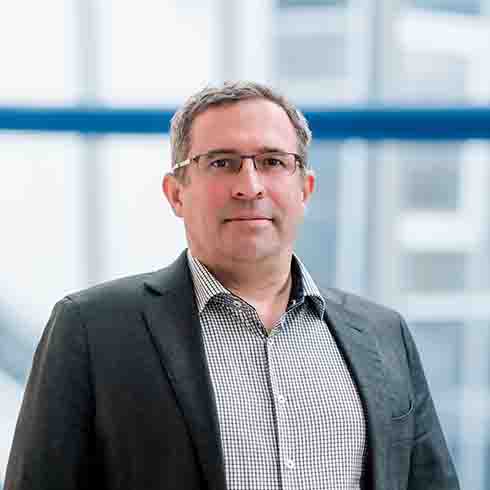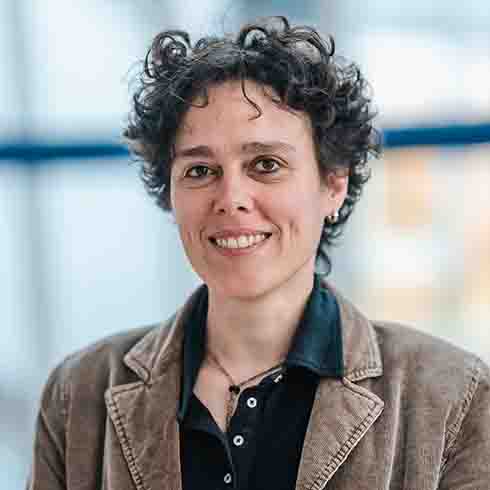Forschungssondierungen in Kanada und USA (inklusive Projektpauschale). The project’s overarching Goal and Objectives are the following:
1. Change the power balance between data producers and corporations by enabling Indigenous and local communities to tap into their power over own data;
2. Leverage bottom-up indigenous and local information on extreme events and climate change to develop self-governed and sovereign community strategies and solutions;
3. Build capacity within indigenous and local communities to document, monitor, and share (if desired) adverse impacts of climate change;
4. Inter/nationally connect indigenous and local communities through data cooperatives and 5. Integrate local and global climate change information to codesign risk management and mitigation strategies and solution.
The novelty of this project lays within its approach and methodology:
1. Participatory Governance: co-design and establish culturally responsible governance frameworks and policies ensuring data sovereignty of indigenous and local communities respecting the specifications of the qualitative and quantitative burdens of natural hazards and climate change on indigenous and local communities
2. Co-created Data Cooperatives: co-design data cooperatives prioritising the protection of indigenous data and knowledge related to sever weather, climate and climate impact data enduring the digital commons for secure, trusted and sovereign data and knowledge exchange
3. Public Data Access for Decision-Making: provide low-threshold accessibility to public available climate data streams, existing disaster loss data and climate data archives to identify trends over time, modell futures and to ensure access to evidentiary information justifying investments in risk reduction by quantifying benefits (and hence avoided future losses)
4. Enrich Data for the Common Good: combine available climate data with local data (weather stations, sensors, etc.) and indigenous /local knowledge and wisdom (narratives) to enrich existing colonial risk assessment approaches beyond traditional engineering and geospatial strategies understanding climate data through the needs and positioning of indigenous and local communities
5. Co-Designed Implementation: implement strategies reflecting scientific and indigenous perspectives, ensure actionable, solution-oriented, sustainable and policy-relevant insights and indigenous capacity ensuring decolonization and improved understanding on the integration of indigenous and local climate impact specifications in hazard mitigation and climate adaptation planning.

Prof. Dr.-Ing. Michael Bühler
Professur für Bauwirtschaft
Raum F 102
+49 7531 206-9087
michael.buehler@htwg-konstanz.de



